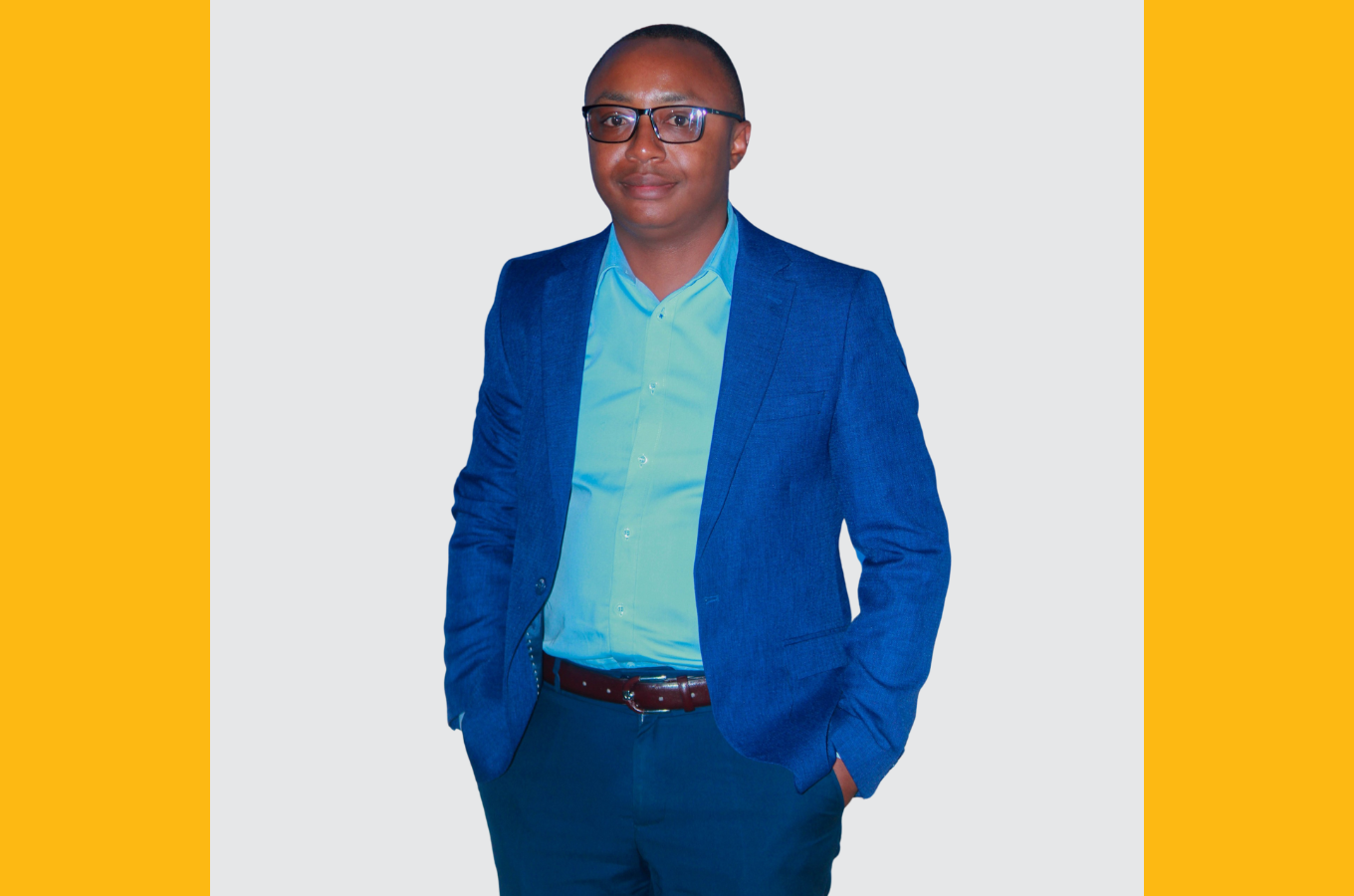
On July 15th, Simbarashe Steyn Kundizeza was announced as the winner of The Island Prize in this its third year. The prize focuses on debut novels by unpublished African writers and, rather than centering around prize money, the goal is to assist writers through mentorship and guidance as they engage with the tricky and oftentimes unkind publishing industry. Helping winners to find a publisher or agent is a significant way in which the Prize hopes to get more global recognition for writing coming out of Africa. Simba, who lives in Harare, Zimbabwe, with his wife and daughter, was kind enough to take time out of his busy schedule to answer a few questions about his winning manuscript and writing practice.
***
Karen Jennings
Simba, congratulations, your novel, Freelance, recently won The Island Prize for Debut African Fiction. Is this the first novel you have written, or do you have lots of half-finished or finished manuscripts filling up your hard drive?
Simba Kundizeza
Thank you so much! Freelance is not actually my first attempt at writing a novel, there have been three other manuscripts that didn’t quite make it. Two of them ended up being published as short stories, and the other one I had to put out of its misery! Freelance was the first sustained effort I made to produce a full novel, and I’m glad it turned out so well.
Karen Jennings
You have a full-time job working in insurance. How do you find time to write? And how long did it take you to write Freelance?
Simba Kundizeza
Lately, finding the time to write has been surprisingly easy. Most of my writing I do at work, usually during my lunch break or after hours, or whenever I can sneak in a few paragraphs. (Hope my boss doesn’t read this!) There’s something very conducive about my office environment, I think.
I started working on Freelance in 2019, but it was very slow going for the first three years. In fact, I only had three chapters completed by 2022! And then, let’s just say I had an epiphany, and by the middle of 2023 I had finished my first draft.
Karen Jennings
Can you give us a brief idea of what the novel is about?
Simba Kundizeza
Freelance is a thriller novel set in 2019 in post-Mugabe Zimbabwe. It follows Omar Warsame Mohamed, a Somali American freelance investigative reporter from Minnesota. As a child, Omar fled civil war in Somalia and lived as a refugee in Zimbabwe alongside his friend Edgar Antonio.
Now an established journalist, Omar travels to Zimbabwe to investigate Edgar’s suspicious death connected to a Russian-owned company operating in the country. With the help of Edgar’s sister Chipo, Omar tries to find out what happened to Edgar and uncover Rossiya Fert’s hidden agenda. But such powerful interests will go to extreme lengths to protect their secrets. Omar and Chipo must evade assassins and unravel a web of corruption to bring Edgar’s killers to justice.
Karen Jennings
Where did you get the idea for your novel? Did a character jump into your mind? Or was it the plot that came first? Or something totally different?
Simba Kundizeza
The idea for this novel came from a combination of things. I’ve always been fascinated by the complexities of Zimbabwe’s history and politics, and I wanted to explore those themes in a fictional setting.
I was also drawn to the idea of a person who returns to his childhood home after a long period away and finds things very different from how they remembered them. And then naturally they would question why and how things changed so drastically. I felt that the character of Omar would be a compelling protagonist, as someone who is both an outsider and an insider in Zimbabwe.
The plot itself evolved organically as I started writing. I knew early on I wanted to write a fast-paced thriller, and the genre staples of inciting incident, suspense and tension, twists and turns etc. pretty much set the tone for how the plot developed.
Karen Jennings
Did you plan your novel out in advance or just write and see where you went? Or maybe a bit of both?
Simba Kundizeza
It was a bit of both. I had a general outline that I followed, but I also allowed the story to go places where I hadn’t originally planned on. At times it was about getting a feel for what the characters or the narrative needs, and then working that into the story. For example, one of the antagonists, Thomas, had a limited role initially. But he ended up playing a much more significant role in the story as I got to know him better and understood his motivations. I think that’s one of the joys of writing — discovering new things about your characters and story as you go along.
Karen Jennings
What was the hardest part of writing this book?
Simba Kundizeza
I think it was writing the book! It’s a huge undertaking, and it takes a lot of time and effort. There were moments when I felt overwhelmed, and I had to remind myself why I was doing this in the first place. But I’m so glad I stuck with it, because I’m proud of the finished product.
Finding the right balance between plot and character development was definitely a challenge. I wanted to make sure that both the story and the characters were compelling, and that was a challenge at times. I didn’t want the plot to feel rushed or the characters to feel underdeveloped. I think I eventually found a good balance, but it took a lot of trial and error.
Karen Jennings
You live in Zimbabwe, what is the literary scene like there?
Simba Kundizeza
You know, this is something that I’m still trying to figure out myself. I never really engaged with the literary scene here until I started writing my own book. From what I’ve seen, there’s a lot of talent here. But there aren’t a lot of opportunities for writers to get published.
One of the biggest challenges is the lack of funding for the arts. It’s hard to get support for your work, and it can be difficult to make a living as a writer. The economy has also impacted publishing houses, with some struggling to stay afloat. The closure of Weaver Press, for example, was a significant loss for the literary community here.
Karen Jennings
What would you want the world to learn about Zimbabwe from your novel.
Simba Kundizeza
Through this novel, I hope to provide readers with a deeper, more nuanced understanding of the complexities facing Zimbabwe. It is a country with a rich history and vibrant culture, but also one that has endured immense challenges.
By immersing readers in the lives of characters like Chipo and Thomas, I hope this novel will encourage readers to grapple with the same moral dilemmas as the characters. Their stories demonstrate how factors like corruption, power dynamics, and conflicting loyalties can force individuals into agonizing choices, where there may be no clear right or wrong path.
Ultimately, I don’t want to moralize or assign blame. Instead, I hope to foster a greater appreciation for the complexities at play — the trade-offs, the hard decisions, the uncertainty that so many Zimbabweans face, trapped between forces beyond their control. Zimbabwe’s narrative is one of remarkable resilience and determination in the face of adversity, but also of difficult compromises and steep personal costs in the struggle for change.
Karen Jennings
Are you working on anything else? Can you tell us about it?
Simba Kundizeza
Yes, I am currently working on a second novel. It features Omar, the protagonist from Freelance, but in a supporting role. It’s also a thriller, but it’s set in a different location, not Zimbabwe. Unlike Freelance, which delved deep into the complexities of Zimbabwe’s political and social landscape, this time, I’m exploring a different kind of conflict, one that’s more international in scope. While Omar’s role is more secondary this time, his experiences and perspective from the previous novel lend a valuable dimension to the narrative. I’m really excited about the story and the characters, and I can’t wait to share it with readers.
Karen Jennings
Finally, does writing energize or exhaust you?
Simba Kundizeza
I would say energize! There are moments when I’ve struggled with a scene or a chapter, but when I finally crack that difficult scene, it’s like I’ve unlocked something new and exciting. The challenge of finding the right phrasing or developing compelling characters is stimulating rather than draining for me. Even when the work gets difficult, I’m fueled by the creative energy and the sense of progress as the writing takes shape. It’s a feeling that I can’t get enough of!
***


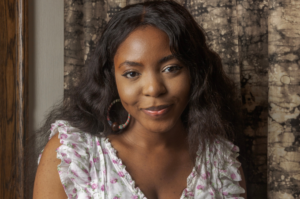
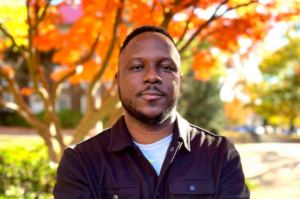
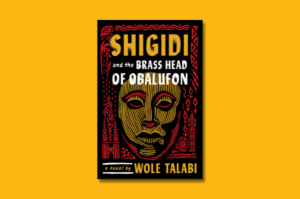
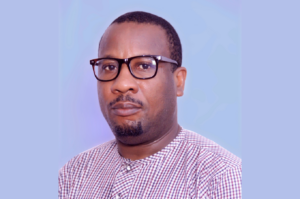

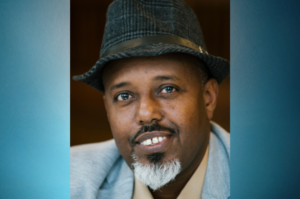

COMMENTS -
Reader Interactions